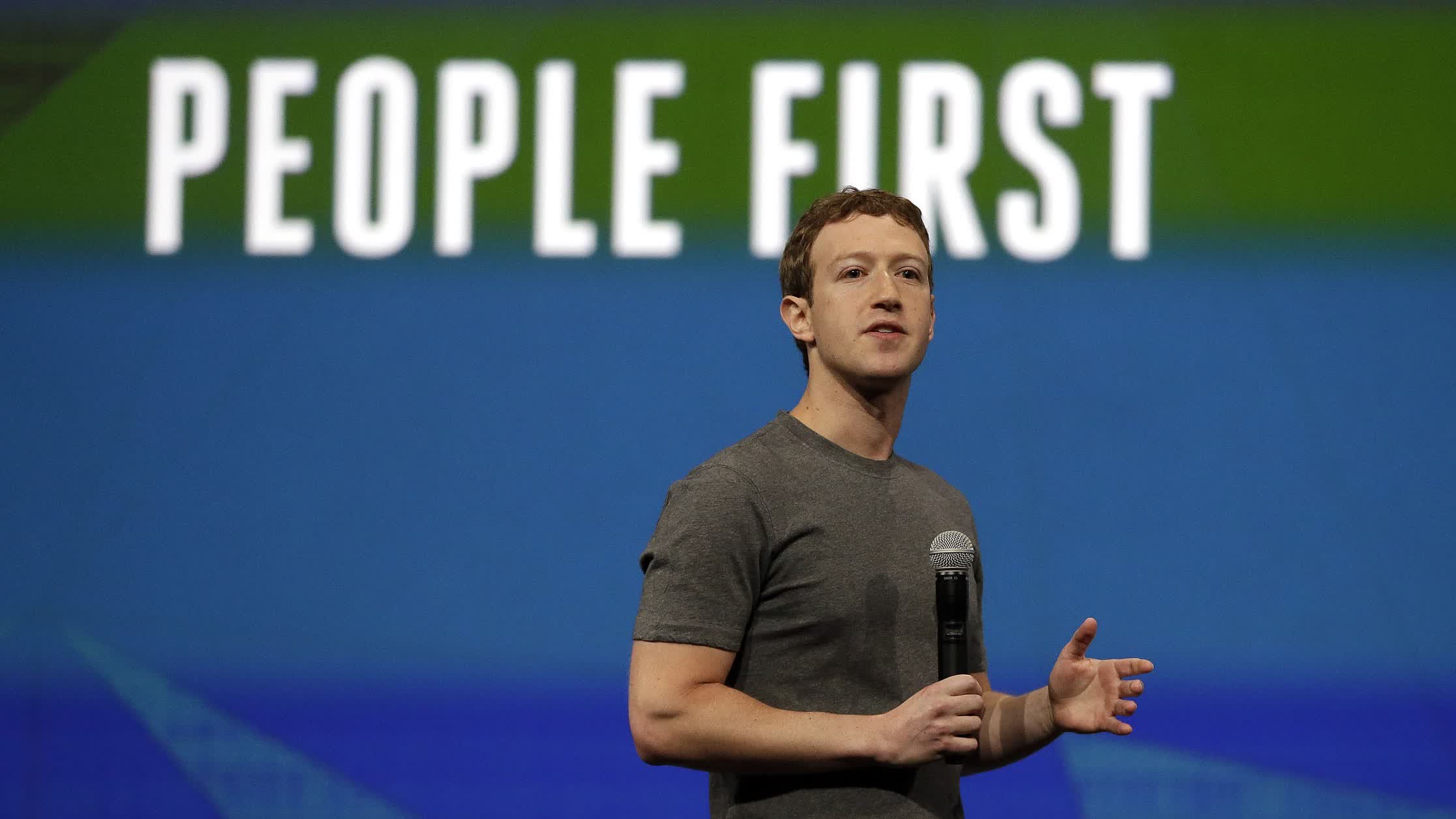Why it matters: Only in the last two weeks, we've reported on Microsoft laying off 1,900 employees, and Google sharing their intention to cut jobs to focus on their "big priorities." If we expand that timeframe back to just a couple more months, we've seen job cuts or announcements of intent from Meta, Intel, Unity, Amazon and more.
Numerous major tech companies are currently laying off hundreds or even thousands of staff, all while their stock prices are reaching all-time highs. Could this be the start of the great AI replacement? While layoffs from big tech companies are nothing new, there's a stark asymmetry this time that may indicate we're in a different era for business decision making. All the companies mentioned above (except for Unity) are experiencing their best stock performance in years, and in some cases, best ever.
Traditional theory would have layoffs happening as part of cost-cutting measures when a company or the wider economy is having a tough time. But these latest job losses are instead occurring when companies are at their richest and the US economy is performing pretty well.
According to the Bureau of Economic Analysis, part of the US Department of Commerce, the United States' GDP grew 3.3% in Q4 of 2023, on top of an already impressive 4.9% increase in Q3 of last year. The Nasdaq index is currently at its second highest it has ever seen, beaten only by a brief peak at the beginning of 2022. The overall unemployment rate stayed at a healthy 3.7% in December 2023, as reported by the Bureau of Labor Statistics.

If companies and the economy are performing well, it raises the question of what has caused almost 25,000 jobs to be lost in tech in less than a month of 2024 already? The most likely answer appears to be an across-the-board pivot to AI.
Google's ominous "ambitious goals" and "big priorities" memo where they announced their cuts was published just a week before they debuted Lumiere, their latest generative AI model. Google parent company Alphabet has seen a 57% increase in their share price in the last year.
In October of 2023, Meta announced cuts to their workforce, but then this month they announced their intention to buy 350,000 Nvidia GPUs for AI work. Meta has seen a 168% increase in share price in the last year.
In the last two months, Amazon has let go of hundreds of staff from Prime Video and MGM Studios divisions, as well as about one-third of staff at their streaming platform Twitch. Amazon shares are up 58% from one year ago.
The trend is not entirely uniform though. Of the latest job-cutters, Microsoft and Unity stand out. In Microsoft's case, most of their 1,900 layoffs have come in the wake of their acquisition of Activision Blizzard, and Unity's redundancies follow a troubled year for the company. So, in these instances, there does appear to be a more normal trimming-the-fat explanation. With that said, Microsoft are undoubtedly a key player in the AI space with their OpenAI partnership and Azure offering, so they may follow suit as their tech counterparts and continue to cut jobs away from non-AI ventures, too. Time will tell.

It's worth noting that the AI products that these companies are offering are not necessarily the root cause for job losses, but instead the huge pivot that companies are making to redirect funds towards AI work is leading to the layoffs. But it may just be the start of a worrying trend where businesses believe they need fewer persons in order to offer the same services to their customers.
Clearly, in the tech world at least, jobs are being cut even at a time that companies are doing exceptionally well. And in the majority of cases, these are from businesses that have been very upfront about their commitment to building and incorporating artificial intelligence into their products, services, and ways of working.
One has to wonder, if the often highly-trained and skilled workers of these ultra-competitive workplaces are becoming fodder for AI replacement, how well does this bode for millions of other employees across world?
